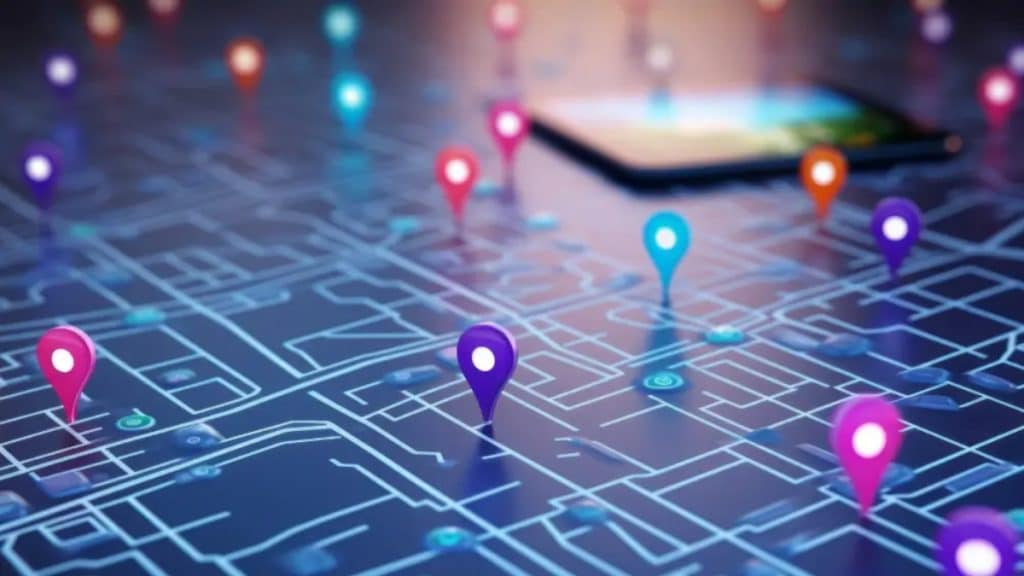In the healthcare logistics landscape, precision and efficiency are paramount. Medical courier services are at the forefront of this demand, tasked with delivering time-sensitive and often critical items, such as patient specimens, pharmaceuticals, and medical equipment. The integration of GPS tracking and route optimization technology has significantly enhanced the reliability and efficiency of these services, ensuring that the healthcare supply chain operates seamlessly.
The Role of GPS Tracking in Medical Courier Services
GPS tracking technology has transformed the way medical courier services monitor and manage deliveries. By providing real-time visibility into the location and movement of delivery vehicles, GPS systems help address the critical need for transparency and accountability in medical logistics.
1. Real-Time Location Monitoring
GPS tracking enables dispatchers and healthcare clients to monitor the exact location of deliveries in real-time. This level of visibility is crucial for items that are sensitive to time or environmental conditions, such as vaccines or diagnostic samples.
2. Minimizing Delivery Delays
Traffic congestion, route changes, and unforeseen delays can jeopardize medical deliveries. GPS systems facilitate instant rerouting to avoid bottlenecks, ensuring timely arrivals.
Enhanced Security
The ability to track vehicles and packages reduces the risk of theft or loss. In addition, GPS data provides a verifiable record of delivery routes and times, reinforcing compliance and accountability.
Optimizing Routes for Efficiency and Precision
Route optimization technology complements GPS tracking by determining the most efficient pathways for delivery. This technology uses algorithms to analyze multiple variables, such as traffic patterns, weather conditions, and delivery priorities.
1. Dynamic Route Adjustments
Unlike static routes, dynamic optimization recalculates pathways in real-time, adapting to changing road and environmental conditions. This ensures that couriers can navigate the most efficient routes at any given time.
2. Fuel and Time Efficiency
Optimized routes reduce fuel consumption and delivery time, lowering operational costs while supporting sustainability goals. For medical couriers, this translates to increased reliability and reduced carbon footprints.
3. Prioritization of High-Value Deliveries
Route optimization systems can prioritize deliveries based on urgency and sensitivity, such as specimens requiring immediate testing or medications needed for critical care.
The Integration of IoT and AI in GPS Tracking and Route Optimization
Recent advancements in technology have amplified the impact of GPS and route optimization in medical courier services. The Internet of Things (IoT) and Artificial Intelligence (AI) are driving these innovations.
1. IoT-Enabled Sensors
IoT devices embedded in delivery vehicles and packages monitor variables such as temperature, humidity, and shock levels. This data is integrated with GPS tracking to ensure that sensitive medical items maintain their required conditions throughout transit.
2. AI-Powered Predictive Analytics
AI enhances route optimization by predicting potential delays based on historical data and current conditions. This proactive approach minimizes disruptions, ensuring timely deliveries.
Benefits for the Healthcare Industry
1. Improved Patient Outcomes
Timely delivery of medical specimens and pharmaceuticals directly impacts patient care. GPS and route optimization reduce the risk of delays, supporting accurate diagnostics and treatment.
2. Regulatory Compliance
Healthcare regulations demand stringent accountability for medical deliveries. GPS tracking and route optimization provide the documentation and traceability needed to meet these requirements.
3. Operational Scalability
Advanced logistics technology allows medical courier services to scale operations efficiently, meeting the growing demands of healthcare providers and patients.
Challenges and Considerations
While GPS tracking and route optimization offer substantial benefits, they also present challenges that require careful consideration:
- Data Security: Protecting the privacy of sensitive location and healthcare data is critical. Secure encryption and robust cybersecurity measures are essential.
- System Integration: Seamless integration with existing logistics and healthcare IT systems is necessary to maximize the value of these technologies.
- Initial Costs: Implementing advanced GPS and route optimization systems involves upfront investment, which may be a barrier for smaller courier services.
Takeaway
GPS tracking and route optimization represent critical advancements in the medical courier industry. By leveraging real-time visibility, dynamic routing, and data-driven insights, these technologies have redefined efficiency and reliability in healthcare logistics. As the healthcare industry continues to evolve, medical courier services equipped with cutting-edge tools will remain indispensable in delivering time-sensitive and life-critical materials with precision and accountability.
